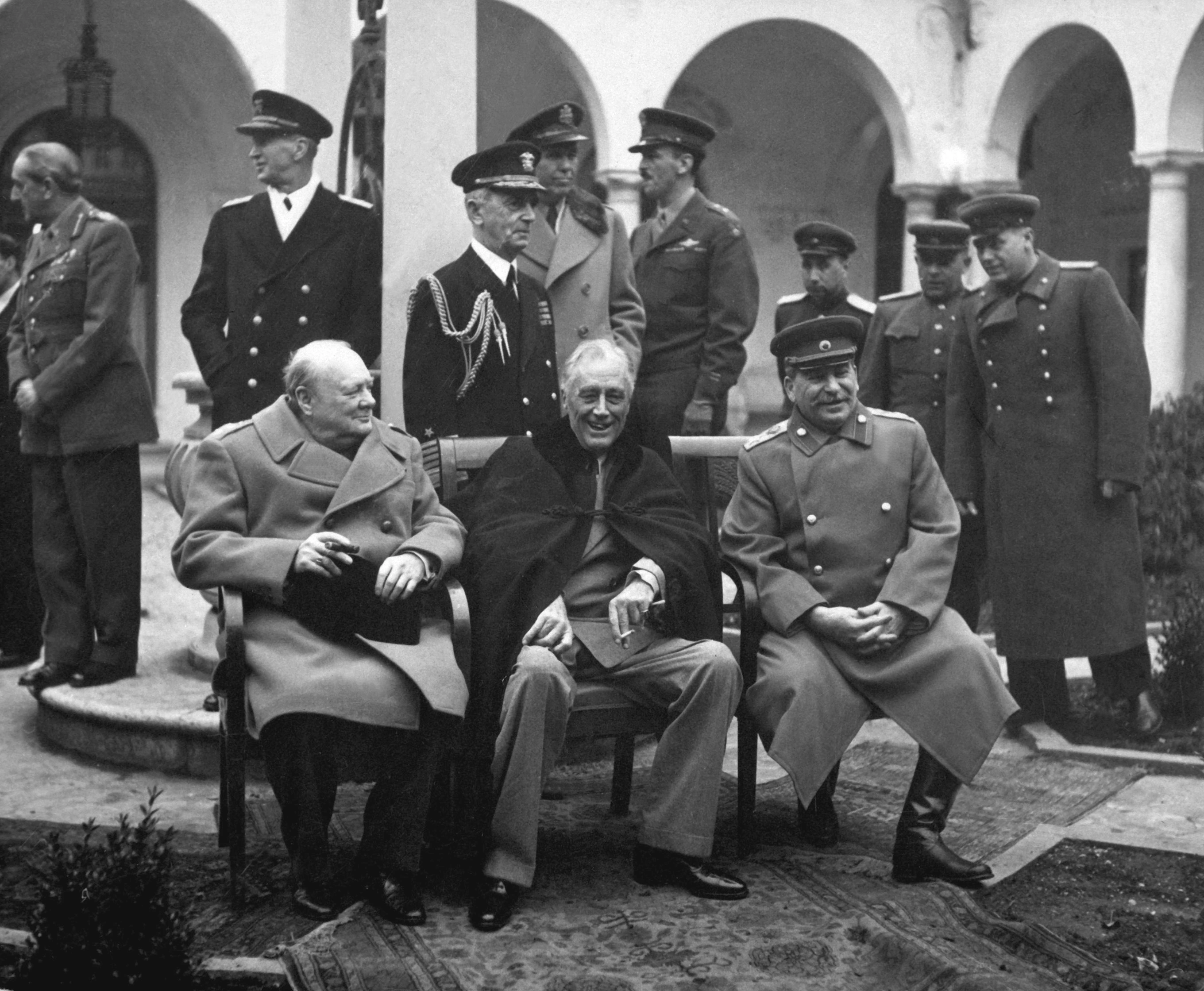The detrimental effects of modern lead exposure on human health are widely recognized. Evidence from the Roman era indicates substantial lead exposure that potentially impacted human health more than 2,000 y ago. The most significant exposure for the rural, nonelite population may have been to background air pollution from silver mining and smelting that underpinned the Roman economy. Using detailed records of Roman-era lead pollution measured in Arctic ice cores and atmospheric modeling, we show that lead emissions from these activities elevated air concentrations throughout Europe. Based on modern epidemiological studies, this air pollution enhanced childhood blood lead levels (BLLs) by about 2.4 µg/dl leading to widespread cognitive decline including an estimated 2.5-to-3 point reduction in intelligence quotient.


It did not. People in the 70s had much higher lead exposures and a society that was both more complex and more precarious, and it didn’t collapse. And actually Rome didn’t collapse in the time period of especially high exposure either, it went on for several hundred years afterwards
It didn’t collapse yet
I think we’re around the peak point where the gerontocrats in charge have had close to the most possible lifetime lead exposure from TEL gasoline, including throughout their developmental years. (It was first added to gasoline in 1924, but gasoline consumption increased substantially over the 1924-1970s period before TEL started getting phased out, and in particular was used heavily in fuel for WWII aircraft when our main ghouls were being born.)
That said yeah hard to conclusively say whether or not it did, but it certainly couldn’t have helped.